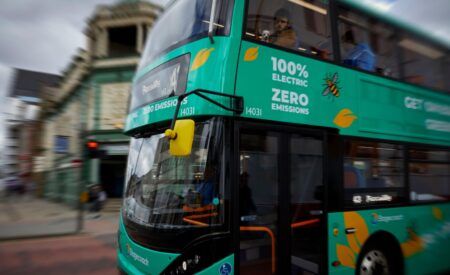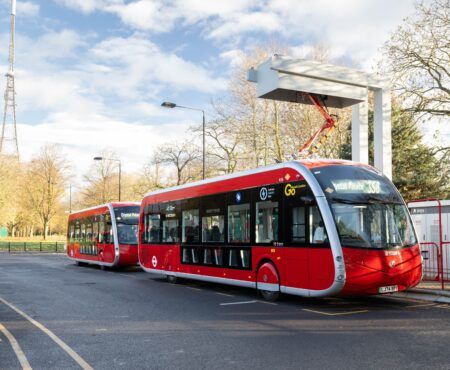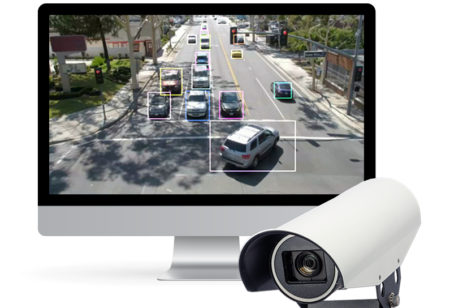London-based AI traffic-data pioneer Vivacity Labs has announced a partnership with Vaisala, a global leader in weather, environmental, and industrial measurements, to drive sustainability in the travel industry.
Vivacity’s sensors, which use artificial intelligence (AI) and machine learning to capture anonymous traffic counts of different transport modes across a selected ‘count line’, will pair its sensors with Vaisala’s weather and environmental measurement products to enhance safety, efficiency, and decision making.
These state-of-the-art sensors will provide detailed insights into both street level and large scale weather and air quality changes across the West Midlands region of the UK.
The pandemic has shone a light on air quality and travel sustainability, with the contributions from different vehicles changing significantly. For example, data from Ricardo revealed that passenger car contribution decreased to 53% and LGVs and HGVs together contributed just under a third of the total NOx.
Next stages
Vivacity Labs and Vaisala are currently working on a forward-looking project enabled by West Midlands 5G (WM5G) and Transport for West Midlands. Air quality and weather sensors are being installed across a number of sites in the same places that Vivacity Labs’ traffic sensors are located to provide researchers the opportunity to explore the subtle differences in traffic flows as the weather changes.
The next stage of the £5.8 million Road Sensor Network Project will see around 350 sensors – provided by Vivacity and Vaisala – deployed across the seven constituent authorities of the West Midlands Combined Authority area, before its conclusion in March 2022. It is hoped the findings will support other regions in developing similar networks to ease congestion hotspots and more intuitively manage traffic flow.

Mark Nicholson, CEO and co-founder at Vivacity Labs, says: “The conversation around air quality, sustainability and the impact of travel has become essential, and it’s great to be partnering with Vaisala to provide key and new data for local authorities and researchers. By providing these insights, decisions can be made about infrastructure and both immediate and longer term plans can be put in place to improve air quality.”
Danny Johns, business development manager for weather and environment at Vaisala adds: “Using weather and air quality data together with Vivacity’s traffic sensors provides valuable input to facilitate smoother traffic flows in the West Midlands region and demonstrates the power of the close collaboration between our two organisations. These various data sources help build a better understanding of the key relationship between the vehicles, the pollution they create, and the way that pollution either stays close to the ground or disperses depending on the prevailing weather conditions.”





